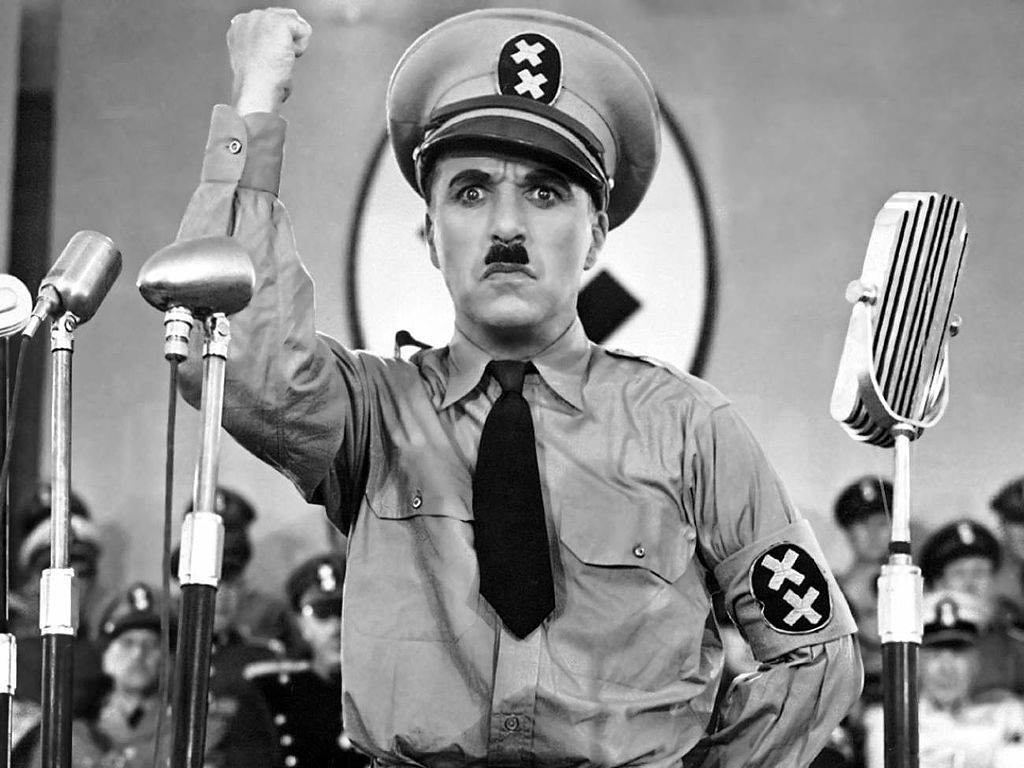While the world continues to get more and more high-tech, some are not fans of this. Despite the world going in this direction for centuries, there are still some who freaked out about new technology in their time. These people went on to speak out heavily against certain technology. Most of it did not age well. In fact, major magazines, newspapers, and public figures came out against multiple forms of technology. Even some national lawmakers were involved in this craziness. Some even managed to change how the technology was sold and used for a certain period of time. To understand the technology freakout, look no further than how the world of comic books changed.
A psychologist once remarked that comics were bad for teens and could result in future incarceration. He determined this by speaking to all teen boys at various juvenile detention centers. The psychologist asked them if they read comics, to which nearly all answered yes. He concluded from this that comics likely resulted in their actions. Despite the millions of teens and kids not in detention centers or prisons, people bought into this. It resulted in national attention being raised and the Comicbook Council forming. While this eventually went away in its power, the council still in part exists today. Their impact on the industry led to the look of comics for nearly 3 decades. This just shows you one example of how people freaking out led to change. Technology saw this in even higher doses, even stuff people may not even consider “tech” today but could at one point.
Charlie Chaplin Claimed The Cinema Was “Just A Fad” In 1916

Some just love to hate something because it is a direct competitor to their particular industry. Enter Charlie Chaplin in 1916, a respectable stage actor who was new to the cinematic industry. Cinema was relatively new in the early 1900s and they slowly began to take audiences from the theatre.
That led to Charlie saying: “The cinema is little more than a fad. It’s canned drama. What audiences really want to see is flesh and blood on the stage.” Charlie eventually gained national fame in America due to “The Tramp” character and other movies he took part in during the 1920s and beyond.
